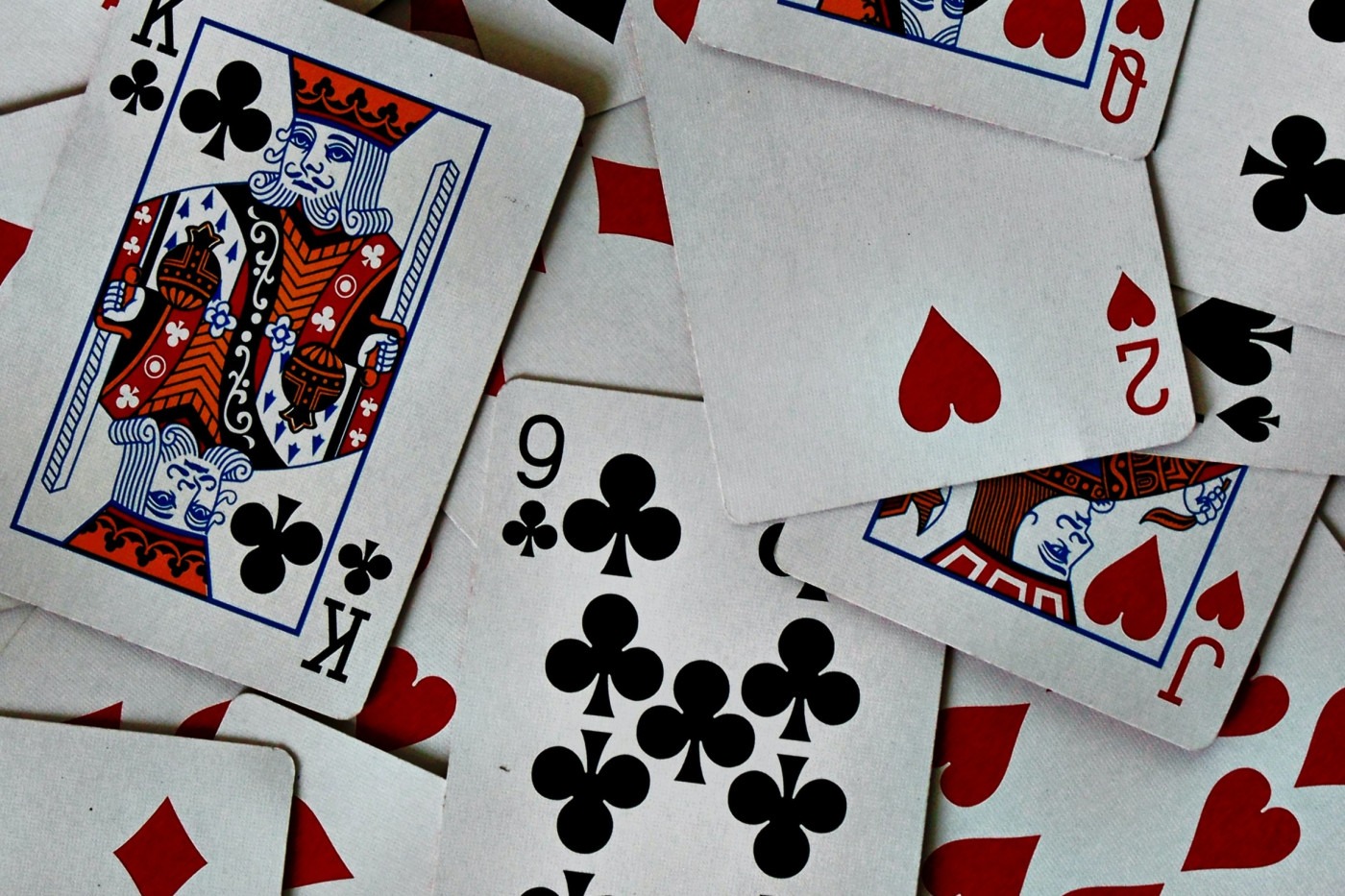Poker: where it started and where it is now
Check! Hit! Bust! All phrases spat from the pursed mouths of those in the dialectical exchange between focused groups. Some are often sweating, maybe some are happy, and there are always utterly nervous individuals. Some bet their lives away while others enjoy a relaxing game. You play alongside friends, all gathering around a table seated on uncomfortable chairs, concentrating hard on your next move but (increasingly and more importantly), the moves of others. Moreover, figuring out how you may discern strategy through certain seemingly insignificant facial expressions and the pang in your head: that specific gut feeling that you or they could have the upper hand. Poker is the game of concentration, holding your nerve and anticipation.
Collectively, people around the globe love card games. First of all, it is something that has fascinated us throughout time. They have become contemporarily reappropriated as games for children in Pokémon and UNO, or games marketed for adults in poker and blackjack. Card games were first introduced in 9th-century China. This shows that humans have had a long-standing fascination with the art of playing cards. Soon card games reached Europe in the 14th century. This introduction saw a mix of interpretations.
In its modern incarnation, Poker was derived from the French game Poque
The history of poker, however, is long and extensive. It has roots and origins that take us back to Persia in the 16th century. There are many other parts of the world that have provided the foundation for the modern iteration of poker: Britain in the 18th century, France, Ireland and Spain. Modern poker took the cards from the Persian game, some of its general rules, and the British Brag card game. The premise centres around dealing three cards to each player. Deception and bluffing are critical elements of the game, as they are in modern poker. In its modern incarnation, poker was derived from the French game poque.
Poker only first took off and began to take its more modern shape – along with it being known as poker – in the 19th century in the US. This is not surprising, considering it is well and truly the Poker capital of the world. It hosts the biggest events, such as World Series of Poker, which was raking in 2.4 million viewers at its height in 2008. Furthermore, the most prominent casinos are all found in the US. Some of the biggest wins in history were negotiated here on the table, such as Esfandiari’s $18.3 million winnings from one tournament. Money is everywhere in the game! Historically, poker was associated with the diverse, cosmopolitan city of New Orleans. Along with this, the French settlers took the poque game with them to create poker. The game is also associated with fictional literature in the French Quarter of New Orleans. For example, the brutish working-class character of Stanley in A Streetcar Named Desire is a frequent player, and even more well-known is the character of James Bond.
The fact that you need but a single pack of cards and some little bottle caps, coins or money as your chips make it a game for all
Poker was also popularised in the West after soldiers discovered the game as a general pastime. Poker was one of the soldiers’ biggest games during the second world war. As bombs went off and men traversed all manner of elements, some still found time for poker. It has therefore been played by hardened men in the worst conditions, to men in the highest and most pristine ones, such as in elite casinos where the valet insists on taking your keys and carefully parking your car in the well-kept, nearby, reserved space. This is proof of the game’s universality and simplicity. The fact that you need but a single pack of cards and some little bottle caps, coins or money as your chips make it a game for all.
The sum of stakes and wagers set off the poker boom of the 2000s. Moreover, a growing player total at one point amounting to 10% of the US population was involved. Individuals were also making more and more in the game and general public interest in the game spiked to new levels. However, will poker ever reach new heights?
Moreover, will the game be able to adapt to the online world? Many attempts to legalise gambling in online poker have been successful, and there’s been a boom of online players during the pandemic. This could see a flux of those heading back to casinos to bet their money. We will have to see whether poker can remain a winning hand in the card games and gambling market as it has been, or whether this lucrative pastime will go bust.

Comments